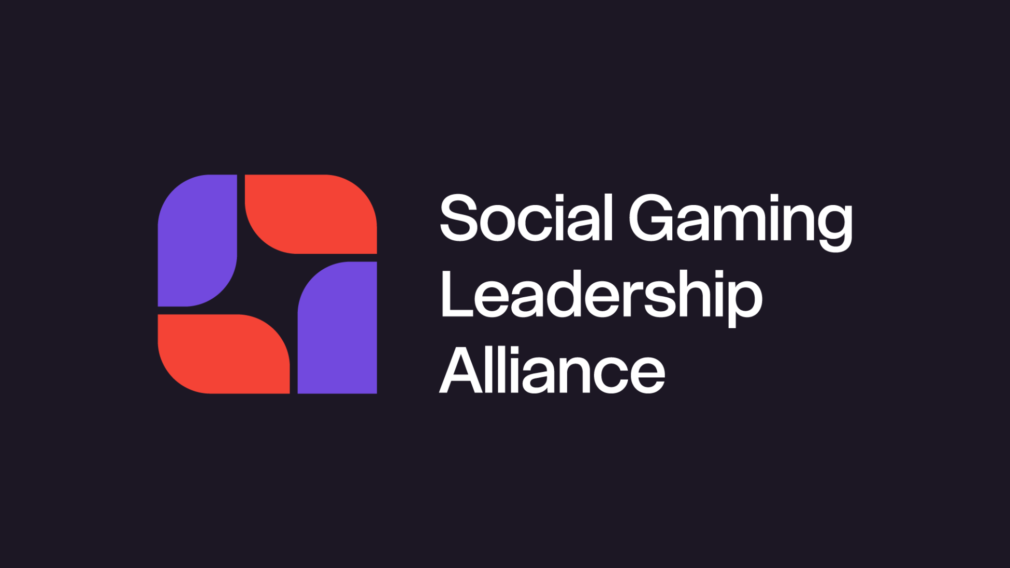Social Gaming Group Urges Regulation Over Ban in Massachusetts
The Social Gaming Leadership Alliance (SGLA) recently testified before the Massachusetts Joint Committee on Economic Development and Emerging Technologies. The SGLA spoke against H.4431, a bill that includes provisions to ban Social Plus games within the Commonwealth.

The alliance is calling for state lawmakers to instead regulate and tax the thriving industry, arguing that this approach will create new revenue and strengthen consumer protections.
Understanding Social Plus Gaming
Social Plus games are a popular digital entertainment category that combines free-to-play interactive games with sweepstakes promotions. These platforms offer card, board, and casino-style games to millions of users nationwide. Gameplay is always free, but players can make optional in-game purchases to enhance their experience.
The key feature is the opportunity to win prizes through sweepstakes. These promotions comply with Massachusetts consumer protection laws by providing alternative methods of entry. This means no purchase is ever required for players to participate in the sweepstakes portion of the game.
Sean Ostrow, Managing Director of SGLA, urged the Committee to consider an alternative path. He stated that allowing the industry to continue would “pay dividends to the Commonwealth for years to come.”
Economic and Regulatory Proposals
The SGLA’s proposal centers on generating new state revenue while codifying responsible gaming practices. An economic analysis by the industry research firm Eilers & Krejcik projected significant financial benefits from a regulated framework.
The firm’s modeling indicates that a dedicated sales tax, set at the state’s current income tax rate of 6.25%, would generate $25.6 million or more in annual tax revenue for Massachusetts. When combined with registration fees, the state could unlock over $30 million in new annual revenue.
In exchange for regulatory approval, SGLA partners are willing to accept and codify strong consumer protection standards. These voluntary measures include:
-
Requiring players to be 21 or older.
-
Employing rigorous identity verification practices.
-
Providing clear, truthful advertising aimed only at adults.
-
Protecting consumer data and privacy.
-
Offering resources for responsible social gaming.
Ostrow affirmed the group’s position, saying, “The SGLA stands behind strong regulation and consumer protection, responsible social gameplay for adults only, fair taxation, and enabling economic development here in the Commonwealth.”
Voter Sentiment and Priorities
The SGLA also highlighted public opinion data showing broad support for regulating the games instead of banning them. A recent national survey conducted by Seven Letter Insight found that 84% of U.S. voters support modernizing laws to regulate and tax Social Plus games.
In contrast, only 8% of voters believe the games should be banned outright. Furthermore, only 4% view the issue as a priority when compared to major concerns such as inflation, healthcare, and housing. This data suggests that regulation and taxation are widely favored over an outright ban.
The SGLA is focused on working with the Committee members to achieve these “mutually beneficial outcomes.”
Recommended
